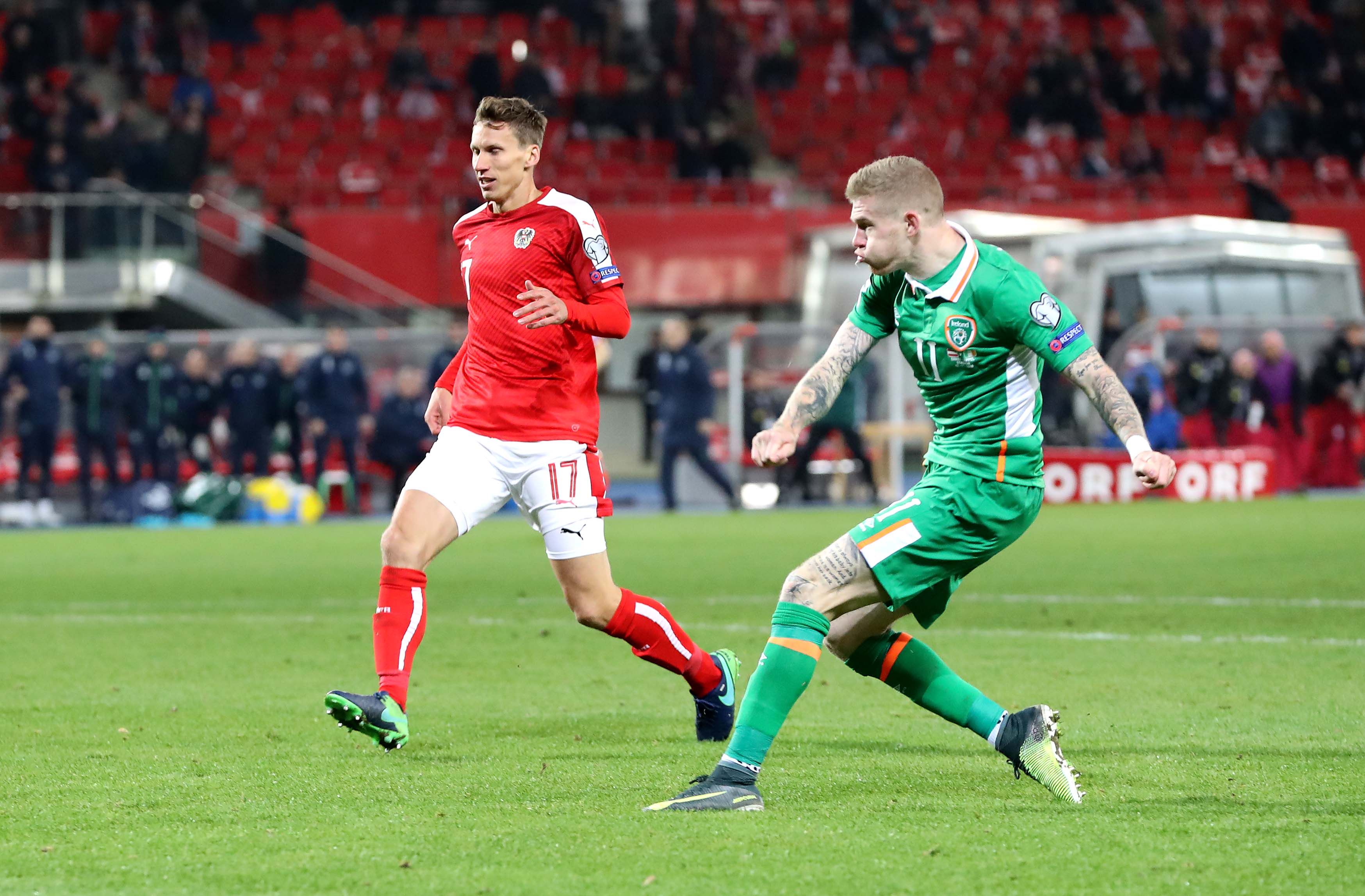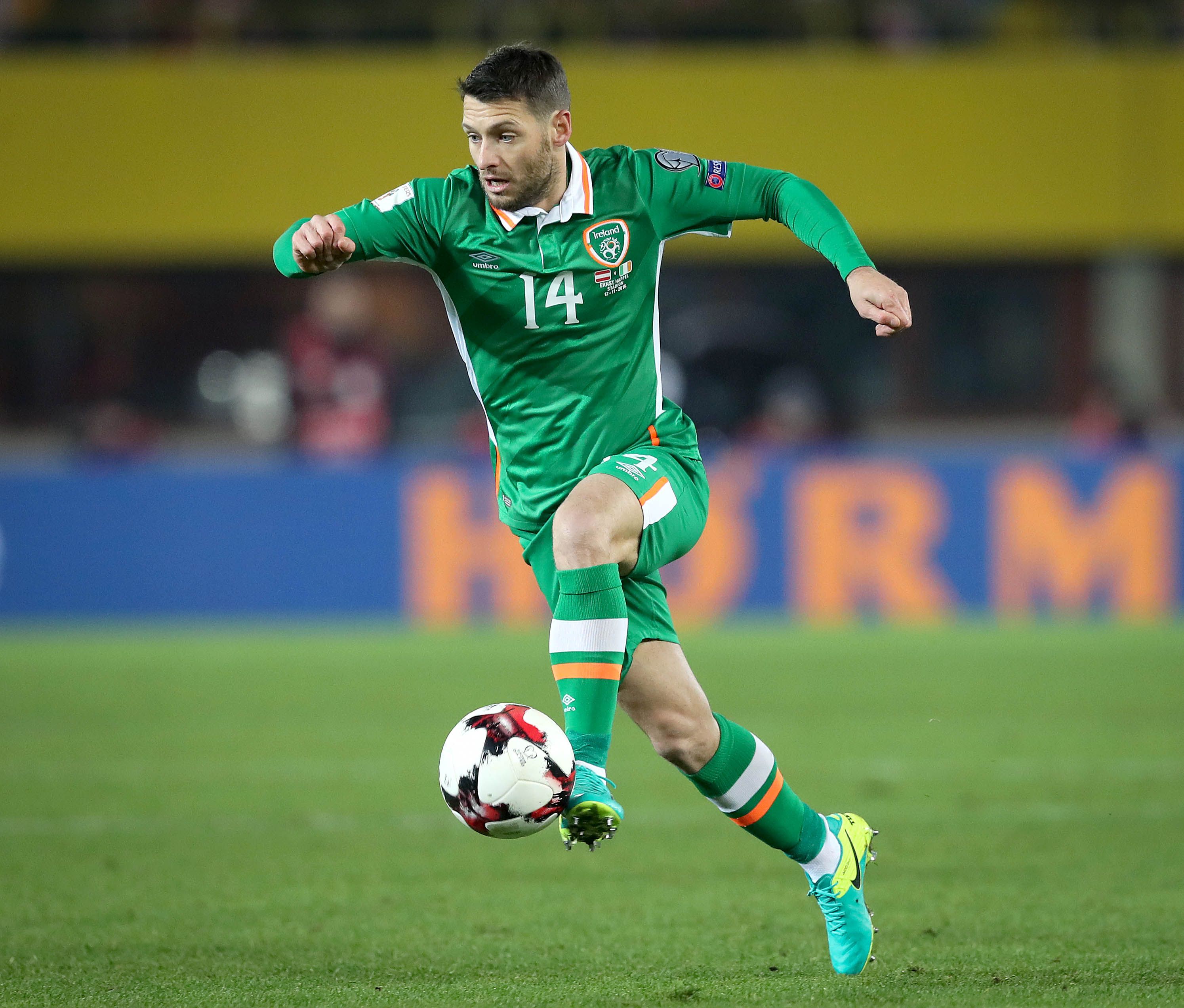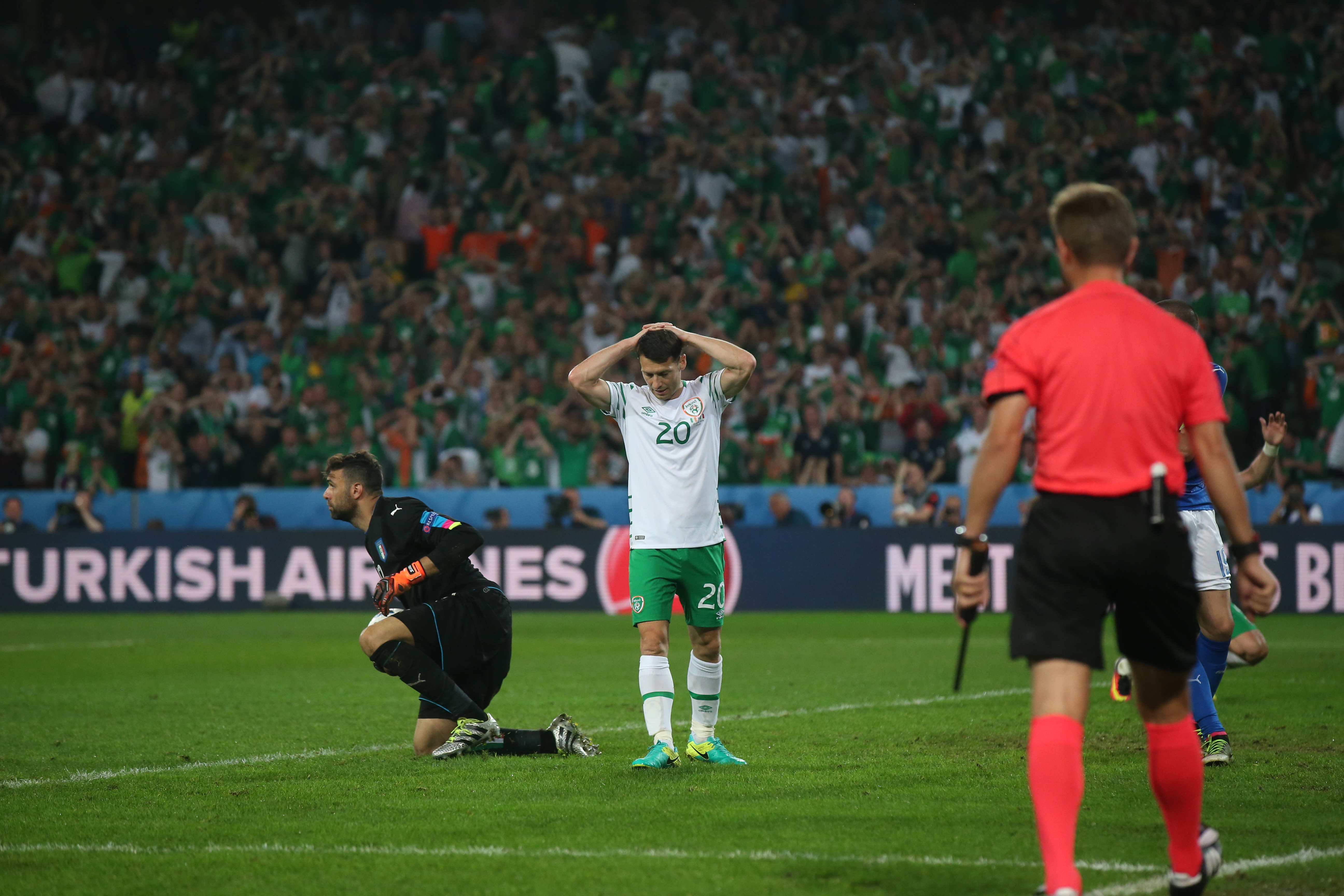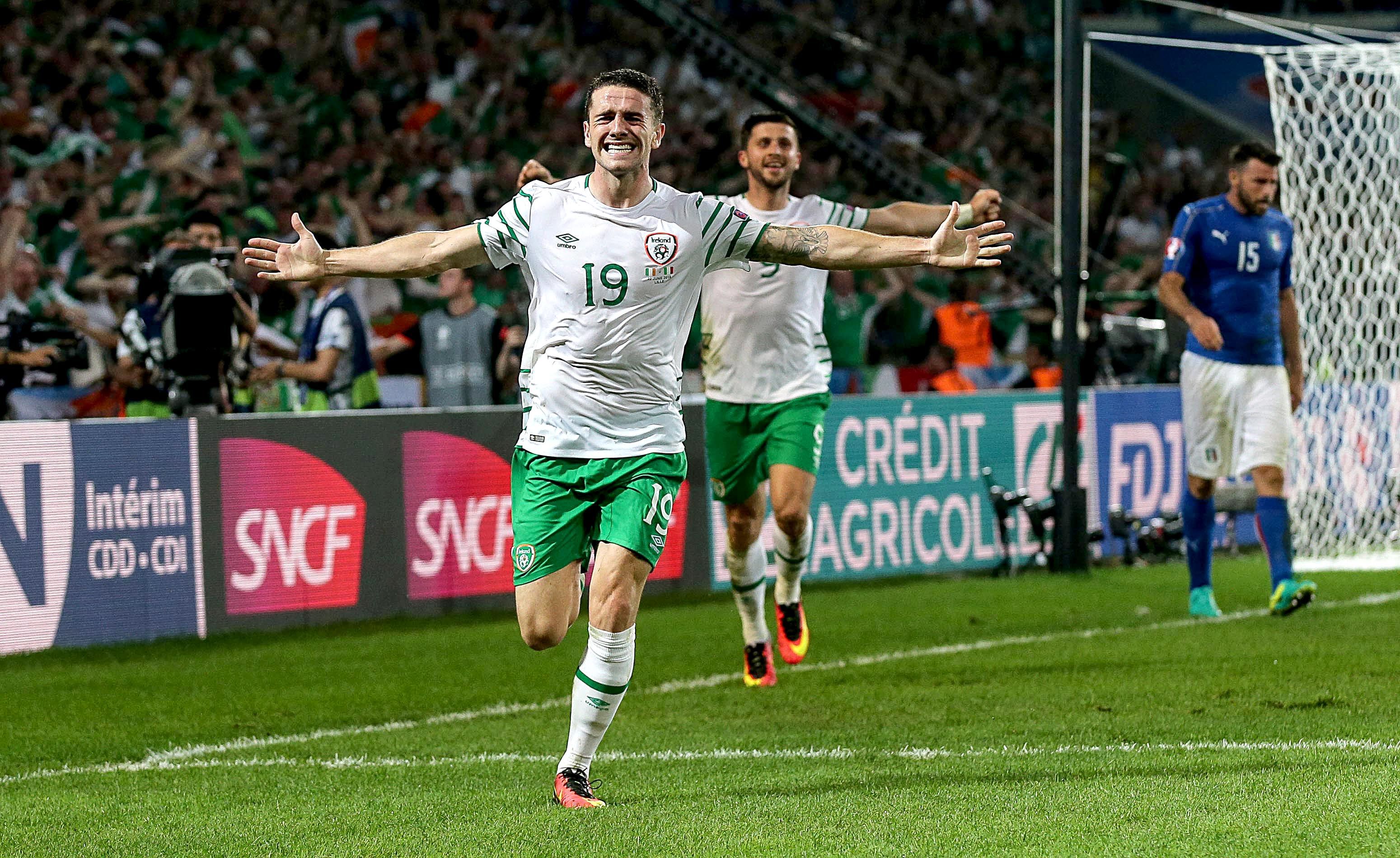

Share
27th December 2016
10:33am GMT

Ireland’s victory over Austria in Vienna could have been very different or, to be more precise, it could have been another version of the same old story.
In the end, Ireland might have been grateful to Marc Janko who decided to head a cross in injury time when he may well have equalised with a shot.
So Ireland had their first away win against significant opposition since they beat Scotland at Hampden Park in 1987 and they also developed a greater understanding of Ireland’s most important creative player.

Hoolahan might not have started that night if everybody had been fit and when he spent most of the first half giving the ball away, the case that has often been made against him seemed watertight.
Under Giovanni Trapattoni, Ireland were defined by what they couldn’t do. Trap believed that Ireland’s players couldn’t do much at all so the best thing was to ignore the players who appeared to think they could do a lot more than he believed they could. He focused on their limitations and, in a risk averse world, there were always those willing to believe that what they couldn’t do defined them. Andy Reid was exiled and Hoolahan subsequently ignored too.
A number of Hoolahan’s managers at Norwich have taken a similar approach and this has also been used as further evidence of his limitations rather than an example of how most managers fail to do anything except the conventional.

In the Premier League, where you might be punished for one mistake and get no more than one opportunity to create something, there may be some logic in excluding a player who can be hustled off the ball easily and may need more time and space than is available against fiercer athletes.
https://twitter.com/SportsJOEdotie/status/646660081858277376But if we learned only one thing this year, it is that international football is unremittingly mediocre. As Janko showed, mistakes will often go unpunished and a player may well get plenty of opportunities to create a chance, but clearly he needs to be on the pitch to begin with.
Wes did all the things those who have had their doubts about him would have expected in Vienna, but then he made a pass that showed why so many believe in him.
David Meyler made a powerful run to get the ball to Hoolahan and James McClean’s run, touch and finish were composed, but Hoolahan was the brains of the operation.
With his three touches, he took Meyler’s ball, set himself for the pass and delivered it with an accuracy that made McClean’s mind up.
Of course, McClean was already running and Hoolahan’s choice seems simple with hindsight, but, then again, all great ideas seem simple with hindsight.
Ireland ended the year with a victory that may have lasting significance, not only as they attempt to qualify for the World Cup but also in how the country responds to its creative players.
Ireland haven’t even reached the halfway stage in their group, but to be top and unbeaten after two of their toughest away games is an achievement which arguably matches anything they did in the summer.
In the summer, Hoolahan was involved too. He scored a goal which will also be remembered as one of Ireland’s finest against Sweden in a game Martin O’Neill’s side should have won. He was swamped by a Belgium side in an Irish humiliation before he came from the bench against Italy.

Ireland’s night might have been shaped by Wes’s miss with six minutes to go, but this is international football and even on big nights, you get another chance. Again, there was a positive move and again Wes took two touches before delivering a ball which contributed towards making Brady’s run and header a thing of beauty.
In those moments, Ireland’s summer became memorable, but something more fundamental was redefined as well.

In the Trapattoni era, Ireland's players were told they were no good, that their imaginations were not enough to outweigh their failings and that they should expect nothing.
Martin O'Neill has changed that. He has created a side capable of producing memorable nights. There have been times when he has seemed close to the conventional thinking on Hoolahan, but he has released him too. In those matches, Wes has shown the rewards that can come from trusting in his imagination.
Ireland had forgotten what good could come from those acts of faith. Wes has changed that. He has led Ireland, not through aggression and power, but through subtler gifts. In doing so, he has reminded us that what we do can often matter a lot more than what we don't do.
Explore more on these topics: